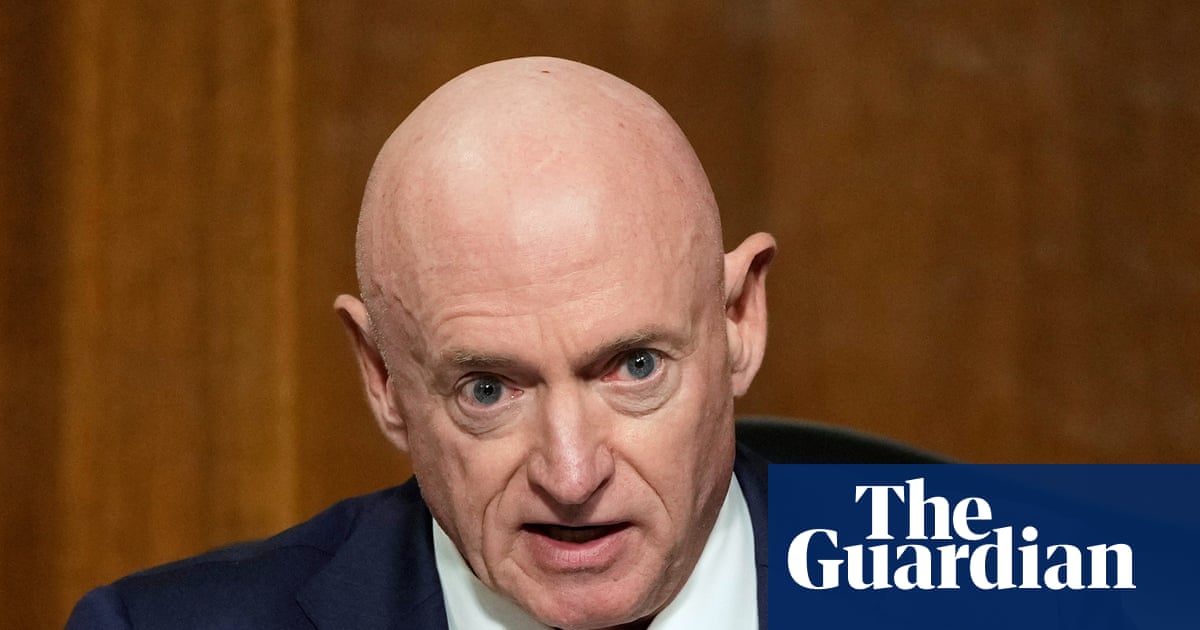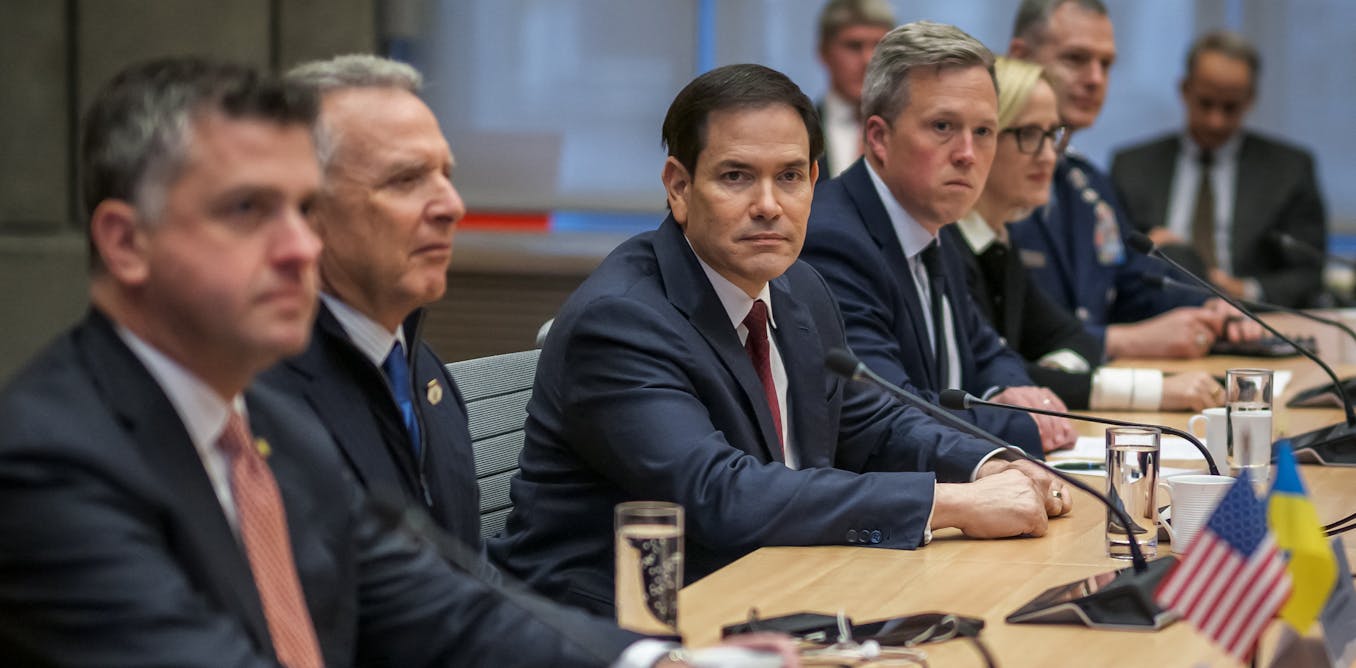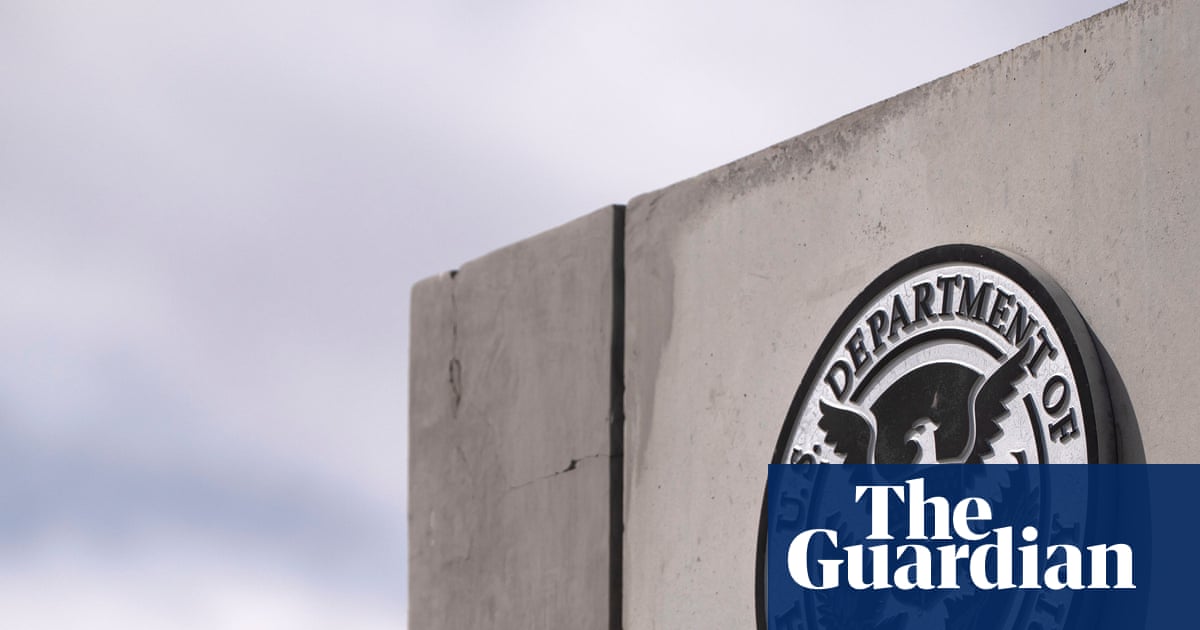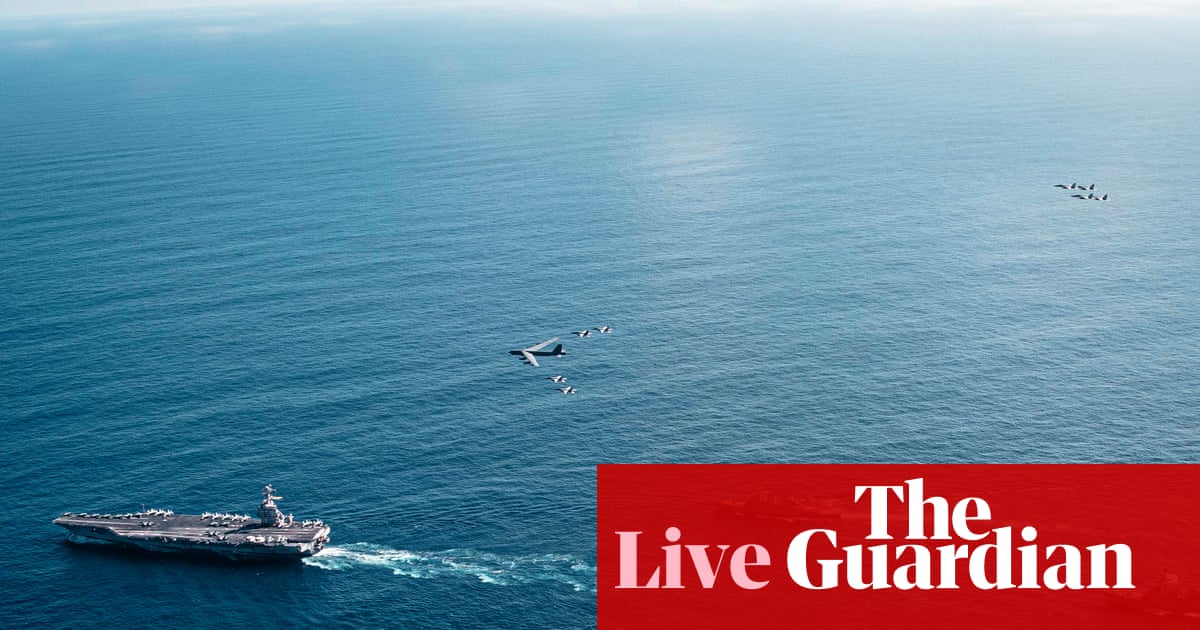The US army secretary, Daniel Driscoll, was an unlikely envoy for the Trump administration’s newest proposal to end the Russian invasion of Ukraine – but his ties to JD Vance have put a close ally of the Eurosceptic vice-president on the frontlines of Donald Trump’s latest push to end the war.
Before his trip to Kyiv last week, Driscoll was not known for his role as a negotiator or statesman, and his early efforts at selling the deal to European policymakers were described as turbulent.
His close ties to Vance, with whom he studied at Yale and shares a close friendship, indicate the resurgence of the isolationist vice-president in negotiations to end the Ukraine crisis.
It was Vance who stepped in during Volodymyr Zelenskyy’s disastrous first trip to the Trump White House in March and demanded he show Trump more “respect” – now Ukraine is once again resisting pressure from the US to cut a quick deal that local officials have described as a “capitulation”.
After a tumultuous first year in office, foreign policy decisions in the White House are said to be shaped by a handful of Trump’s top advisers – including chief of staff Susie Wiles, rightwing adviser Stephen Miller, envoy Steve Witkoff, secretary of state Marco Rubio, and finally Vance.
Vance has been a vocal booster of the latest proposal, which was developed by Witkoff and Trump’s son-in-law Jared Kushner together with the Kremlin envoy Kirill Dmitriev.
Vance’s early efforts at hammering out a peace deal with Russia – while also seeking to renew relations with Moscow – were unsuccessful, and left his camp feeling frustrated with their Russian interlocutors. European officials, meanwhile, were angered by his early speeches in which he accused them of “running from their voters” – who Vance said had anti-immigration and conservative positions close to those of Trump’s own constituency.
But the new peace deal published last week closely resembled his positions, and he has been one of the most forceful spokespeople for the deal in the administration while the US has been under fire for accepting a peace framework that largely resembles Vladimir Putin’s maximalist demands.
In posts this weekend, Vance argued that a peace deal would have to produce a ceasefire that respected Ukrainian sovereignty, be acceptable to both sides, and prevent the war from restarting.
“Every criticism of the peace framework the administration is working on either misunderstands the framework or misstates some critical reality on the ground,” Vance wrote. “There is a fantasy that if we just give more money, more weapons, or more sanctions, victory is at hand.”
“Peace won’t be made by failed diplomats or politicians living in a fantasy land,” he added. “It might be made by smart people living in the real world.”
It was also Vance who followed up on the presentation of the peace plan in a phone call with Zelenskyy. Trump had mainly tasked his team with bringing a signature on the peace deal before Thanksgiving this Thursday in the United States.
That was a notably more full-throated endorsement of the plan than that given by the secretary of state and national security adviser, Marco Rubio, a more traditional hawk in the administration who has gone from a shaky stature inside the administration to more firm footing.
Rubio was part of a US delegation that traveled to Geneva this weekend to meet with Ukrainian officials to help moderate the initial 28-point peace plan in order to make it more acceptable to leaders in Kyiv.
But his initial response to the deal was lukewarm: “Ending a complex and deadly war such as the one in Ukraine requires an extensive exchange of serious and realistic ideas,” Rubio wrote over the weekend before the conference. “And achieving a durable peace will require both sides to agree to difficult but necessary concessions. That is why we are and will continue to develop a list of potential ideas for ending this war based on input from both sides of this conflict.”
In private, he was said to be much more doubtful of the plan. The Republican senator Mike Rounds said last week at the Halifax International Security Forum in Nova Scotia that Rubio had called lawmakers to explain that the deal was just a preliminary offer from the Russians and not an initiative pushed by the administration.
“Rubio did make a phone call to us this afternoon and I think he made it very clear to us that we are the recipients of a proposal that was delivered to one of our representatives,” said Rounds. “It is not our recommendation, it is not our peace plan.”
Rubio moved quickly to fall in line. “The peace proposal was authored by the US,” he later wrote. “It is offered as a strong framework for ongoing negotiations It is based on input from the Russian side. But it is also based on previous and ongoing input from Ukraine.”

 German (DE)
German (DE)  English (US)
English (US)  Spanish (ES)
Spanish (ES)  French (FR)
French (FR)  Hindi (IN)
Hindi (IN)  Italian (IT)
Italian (IT)  Russian (RU)
Russian (RU)  1 hour ago
1 hour ago
























Comments